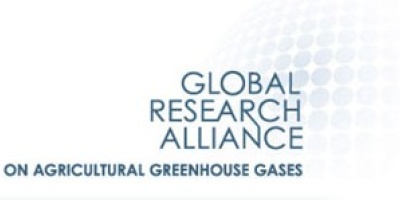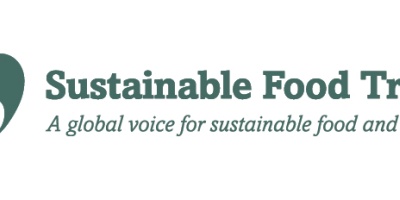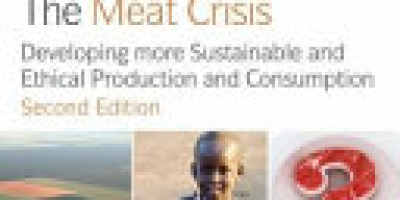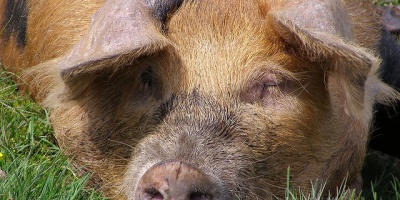Meat, eggs and new alternatives such as soy-meat, Quorn, or lab-grown meat are foods that are often rich in protein and essential micronutrients. However they may also be high in saturated fat and, when processed, in salt. Consumption of meat is very high in most high income countries and is on the rise in middle income countries. While an overly high consumption is associated with ill-health and disease, in countries where people’s diets are lacking in diversity and essential micronutrients – as is the case in many low income countries – animal products can play an important nutritional role. Meat products are also associated with very high GHG emissions; farmed animals contribute some 14.5% of human-made GHG emissions. Animal production also contributes to many other negative environmental impacts including deforestation and associated biodiversity loss, land degradation and soil and water pollution. The production of animals for slaughter and use also raises a complex set of ethical and welfare issues.




















